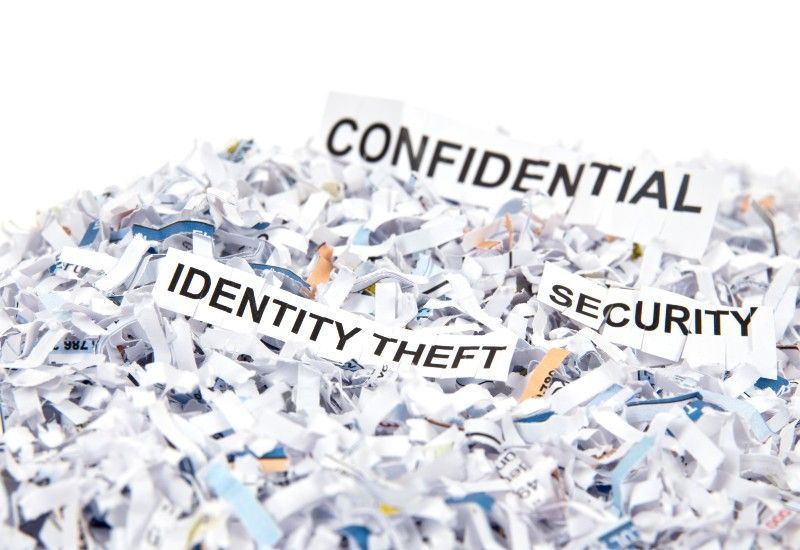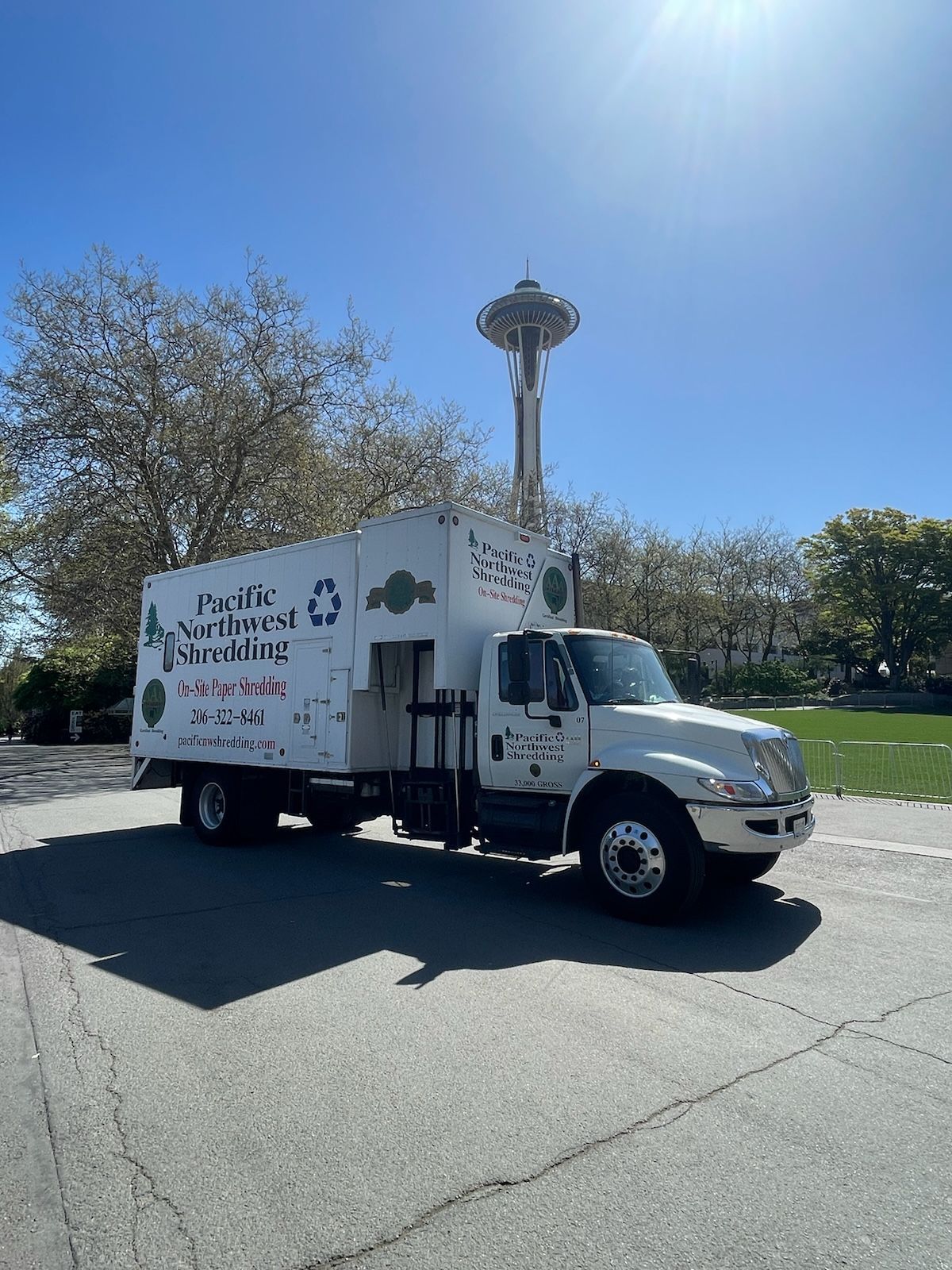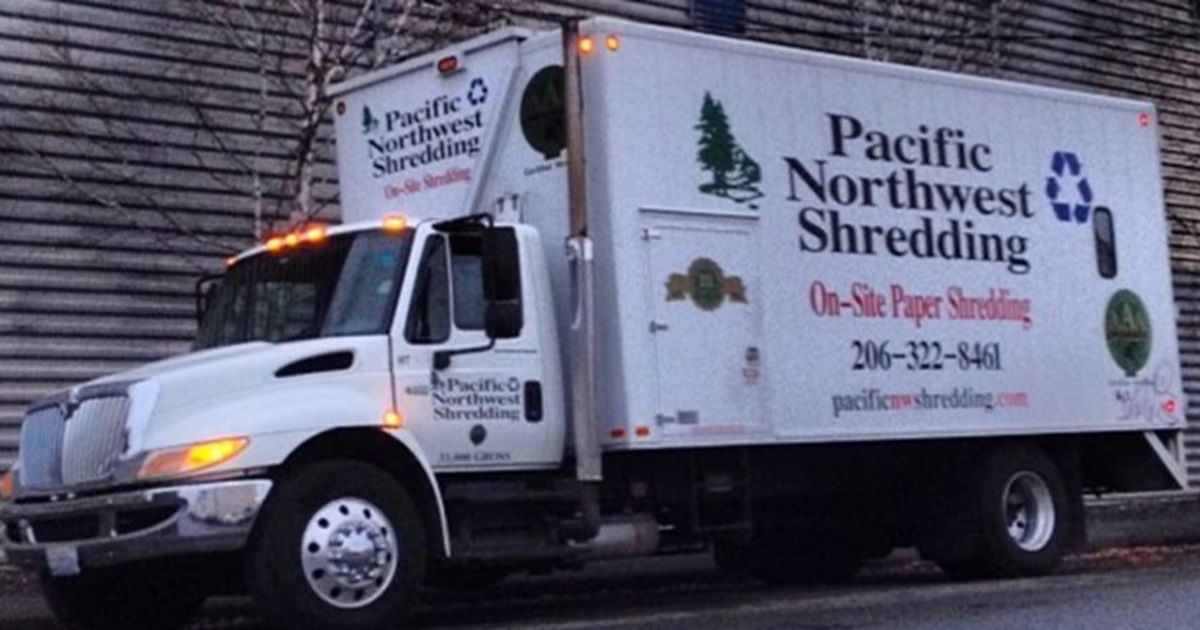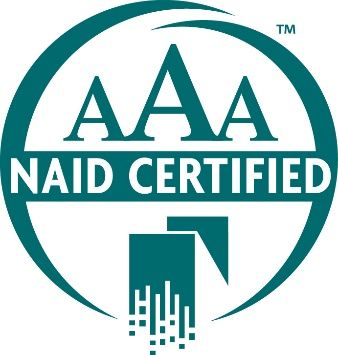The Dangers of Allowing Old Records and Electronics to Accumulate
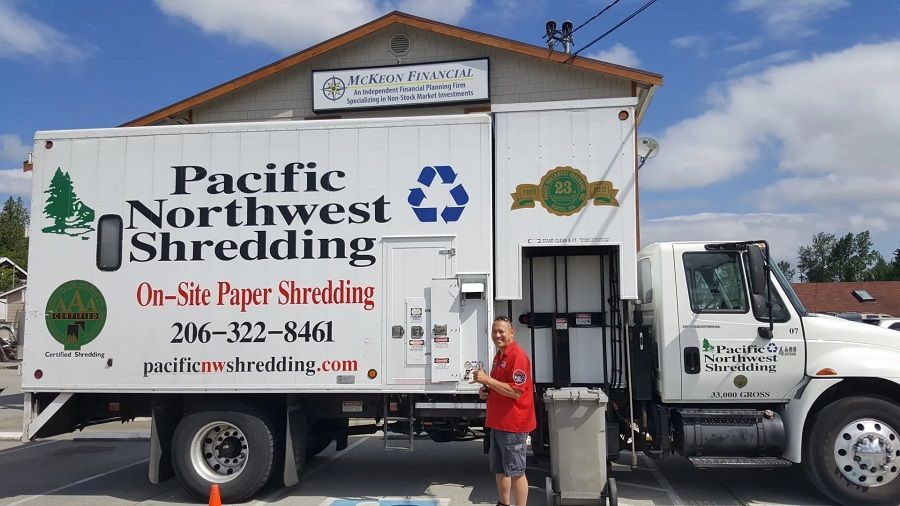
The accumulation of old records and electronics plagues most organizations, so we wanted to provide some reasons why it’s time to finally get rid of them the right way.
1. Keeping old records undermines an organization's records retention policy.
An organization violates its own policy if it permits the existence of records that are beyond the set retention periods' control or controllable parameters. When the business must rely on the integrity of the retention schedule to validate ultimate disposition during a legal or compliance situation, this could come back to haunt it.
2. Old records and electronics pose a security threat.
It makes sense that the longer records and electronics are kept, the greater the possibility that they will end up in the wrong hands and that they will be retained longer than is necessary. Let's imagine an old laptop is taken from the storeroom a year after it was placed there because an employee decides no one cares (or is looking). Exactly why not? Who will be aware? No one, up until the employee sells it on eBay and the data becomes public later. Of course, this risk also applies to collections of unnecessary paper records that are kept. An aging warehouse is cleaned out by a diligent custodian. Four hundred cartons that a hospital placed in a dilapidated outbuilding 20 years ago go unremembered. These are not merely speculative examples. They have happened and will continue to happen as long as they are allowed to accumulate.
3. Uncontrolled documents and outdated devices make legal discovery dangerously more difficult.
In a legal proceeding, “discovery” mandates that the opposing sides turn over to the other all the records associated with a criminal investigation or civil lawsuit. The problem is that unsupervised records (either paper or electronic) are stashed away in offices, backrooms, and self-storage facilities. And woe to the organization that claims that "discoverable" records were destroyed in accordance with a retention schedule when it later comes to light during a deposition that those records might still be accessible in another way. And when the opposing party or the judge learns that a self-storage facility is full of long-lost documents or electronic equipment that could be remotely relevant, not only will a lawyer soon begin searching through them to see what is there, but it also raises suspicion and may result in significant retaliation, such as giving the jury an instruction on adverse inference. You see what I mean. Legal discovery becomes a nightmare when unmanaged records or electronic equipment accumulate.
4. Accumulated records and electronics violate new privacy laws.
Nineteen states have passed privacy laws that forbid organizations from retaining personal information for longer than necessary. And since most old records and electronics have such information on them, retaining them longer than needed is a violation of those new laws. Additionally, those same privacy regulations grant people the right to, one, have their information destroyed after the transaction is over, two, access all information maintained by the data controller, and three, know how their information is stored. Accumulating old records and electronics flies in the face of these rights as well.
What to Do?
There are three methods for reducing the danger posed by accumulated records and electronics.
The first is not to accumulate them in the first place. Employees should routinely be reminded of the dangers of obsolete and unmanaged documents, as well as old electronics, emphasizing the negative effects of their unwarranted buildup. The second thing is to set up a method for disposing of devices that have amassed and are out of control through semi-annual purges. The third step is to make sure that the organization’s stored records are securely destroyed once a year according to a predetermined retention schedule.
Fortunately, there is an easy, cost-effective way to do this.
Why not make an appointment for a visit from one of our mobile shredding trucks? Our polite, screened, and trained driver and our state-of-the-art equipment can shred years’ worth of old documents in minutes.



